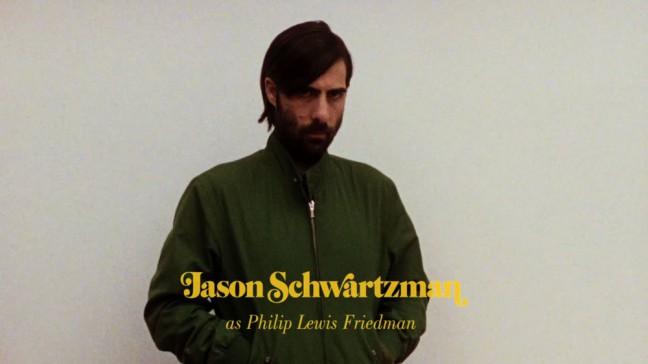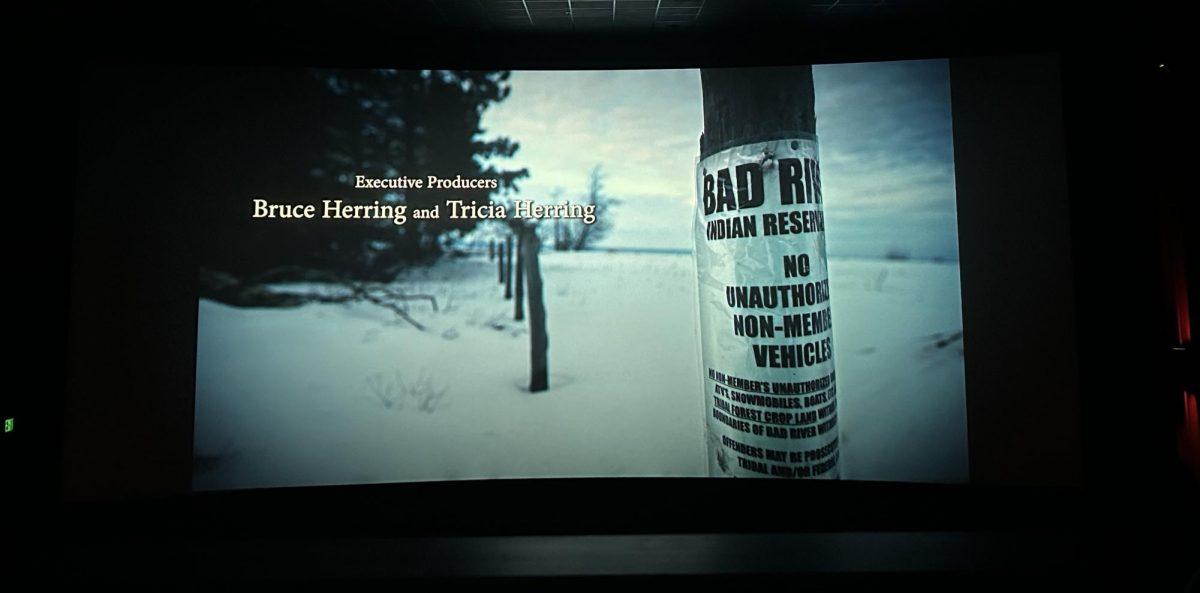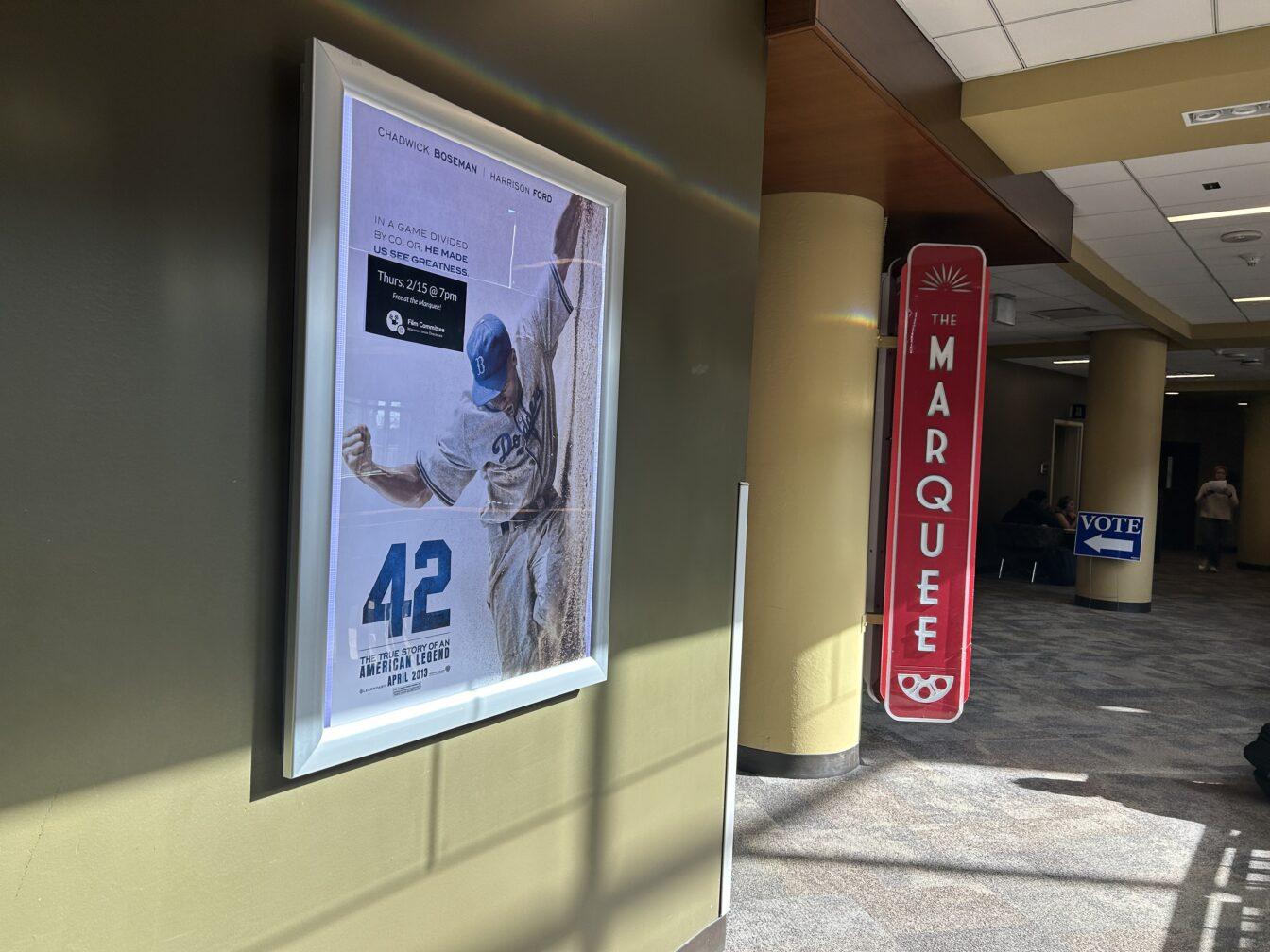The world of “Listen up Philip” is not inherently a cruel or misanthropic one. It is simply about cruel, misanthropic people. When making films about those who harm or manipulate others, filmmakers often leave any kind of empathy out of the equation, leaving hollow, mean-spirited stories behind. Thankfully, “Listen Up Philip” director Alex Ross Perry has joined the ranks of directors who can neatly tell stories about the emotionally stunted and manipulative by allowing the audience to understand and empathize with them.
In largely literary fashion, “Listen Up Philip” serves as a roller coaster of self-pity, documenting the descent of two seemingly high-functioning sociopaths and authors deeper and deeper into themselves.
The film begins as Philip’s (Jason Shwartzman, “The Grand Budapest Hotel”) literary career is beginning to take off after the publishing of his second book. However, this sudden increase of respect goes immediately to Philip’s head, and he begins to increasingly alienate and berate all those around him. He does this most notably to his photographer girlfriend (Elisabeth Moss, “Mad Men”).
However, any other success is eclipsed by the interest Philip’s literary idol Ike Zimmerman (Jonathan Pryce, “Game of Thrones”) has in his new novel, taking him under his wing in his home in upstate New York with his daughter (Krysten Ritter, “Mission Control”). From there, the film shoots in several different directions at once, spending alternating pieces of the film with these different characters. It shows how their respective lives have been upset or improved by Philip and Ike’s new friendship.
However, to suggest that these literary aspects make the film any less cinematic would be misleading. Instead, they perfectly illustrate the nature of Philip and Ike’s deep narcissism and emotionally-removed nature.
They view people as they would characters in a story, there to reveal something about the narrator. Similarly, the camera will frequently roam around the room, forcing itself into intense close-ups on characters, as if to try to figuratively force itself into the heads of these characters. This technique gives the audience an idea of the claustrophobic nature of Ike and Philip’s thoughts. Just as other people become poisonous to Philip and Ike, threatening the ideas they have of themselves in their heads, other people clutter the frame of the camera, replicating that same need.
Perry’s sense of humor, which sadly dissipates slightly as the film progresses, is also perfectly fitted for the screen. His ability to perfectly punctuate scenes leads to many of the films best gags, that range from the droll to the absurd.
Really, the entirety of the film works to mimic the destructive claustrophobia of self-pity, as the films focuses more on the intensifying hatred that Philip and Ike have for those around them, thus closing themselves off even more. By so effectively displaying the point of view and emotions of these characters, Perry turns what could come off as cynical and unpleasant on paper into something more about the nature of cynicism and unpleasantness itself.
When the film’s morality subtly kicks in and Philp and Ike begin to stray more and more from redeeming themselves, the result is genuinely melancholy. It is a film that loves and understands all of its characters equally and extends compassion to all of them.
4/5














